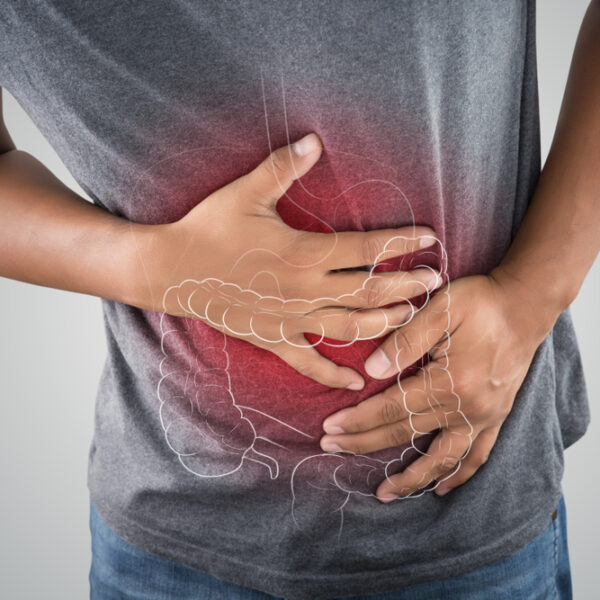
Five steps for effortless weight management
Many fitness websites focus on weight loss tips, but nobody talks about how hard it can be to maintain your ideal weight. Weight management is unlike shedding pounds; it is much more complex. It requires a sheer amount of discipline and dedication, along with maintaining a consistent routine. So, here’s a 5-step guide to weight management to make the process easier for you:
Read More 









